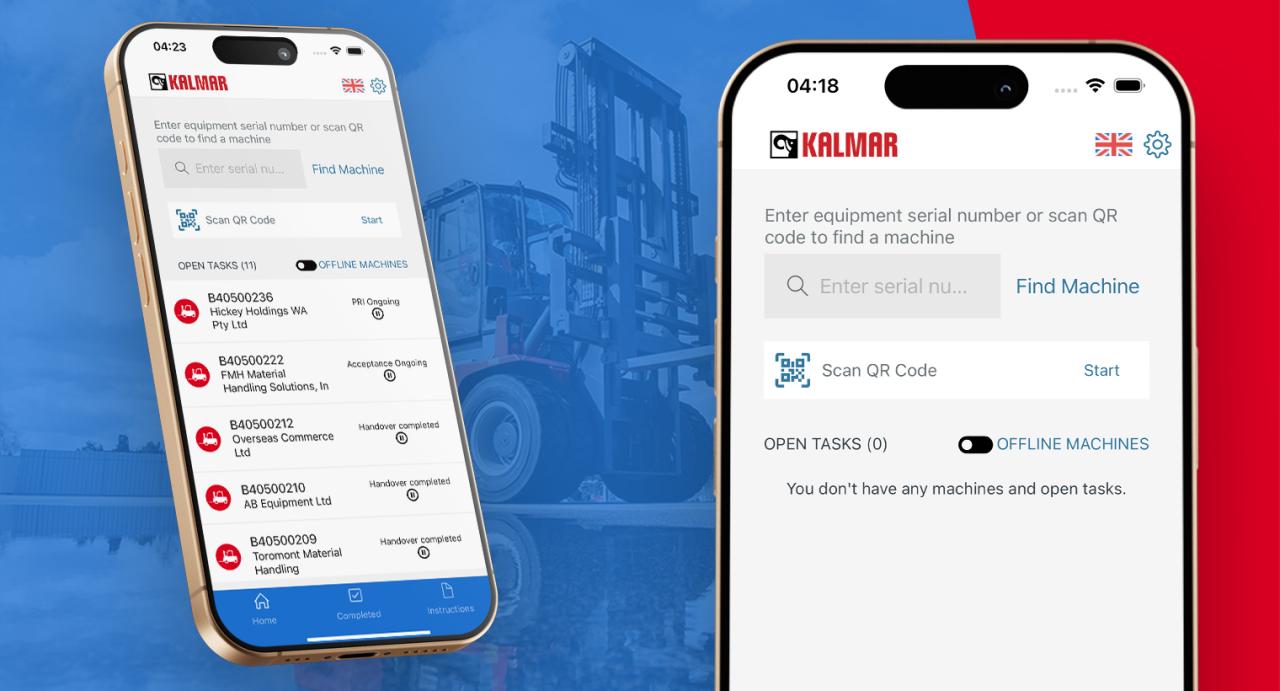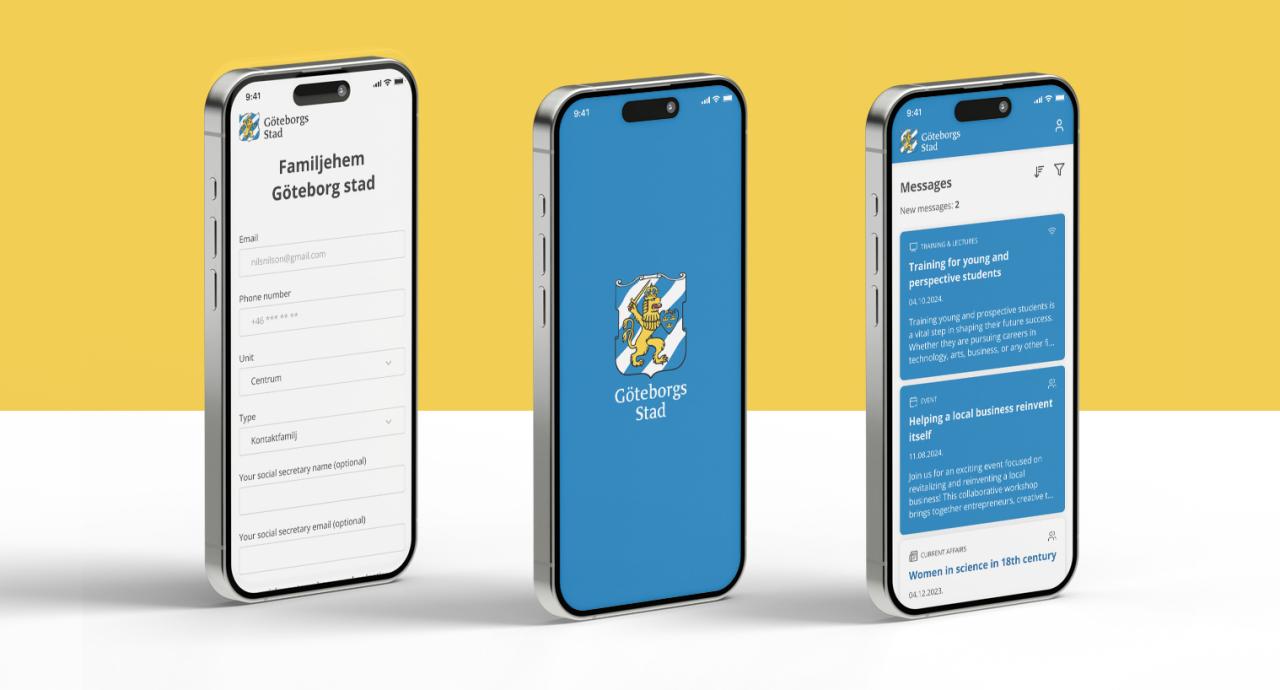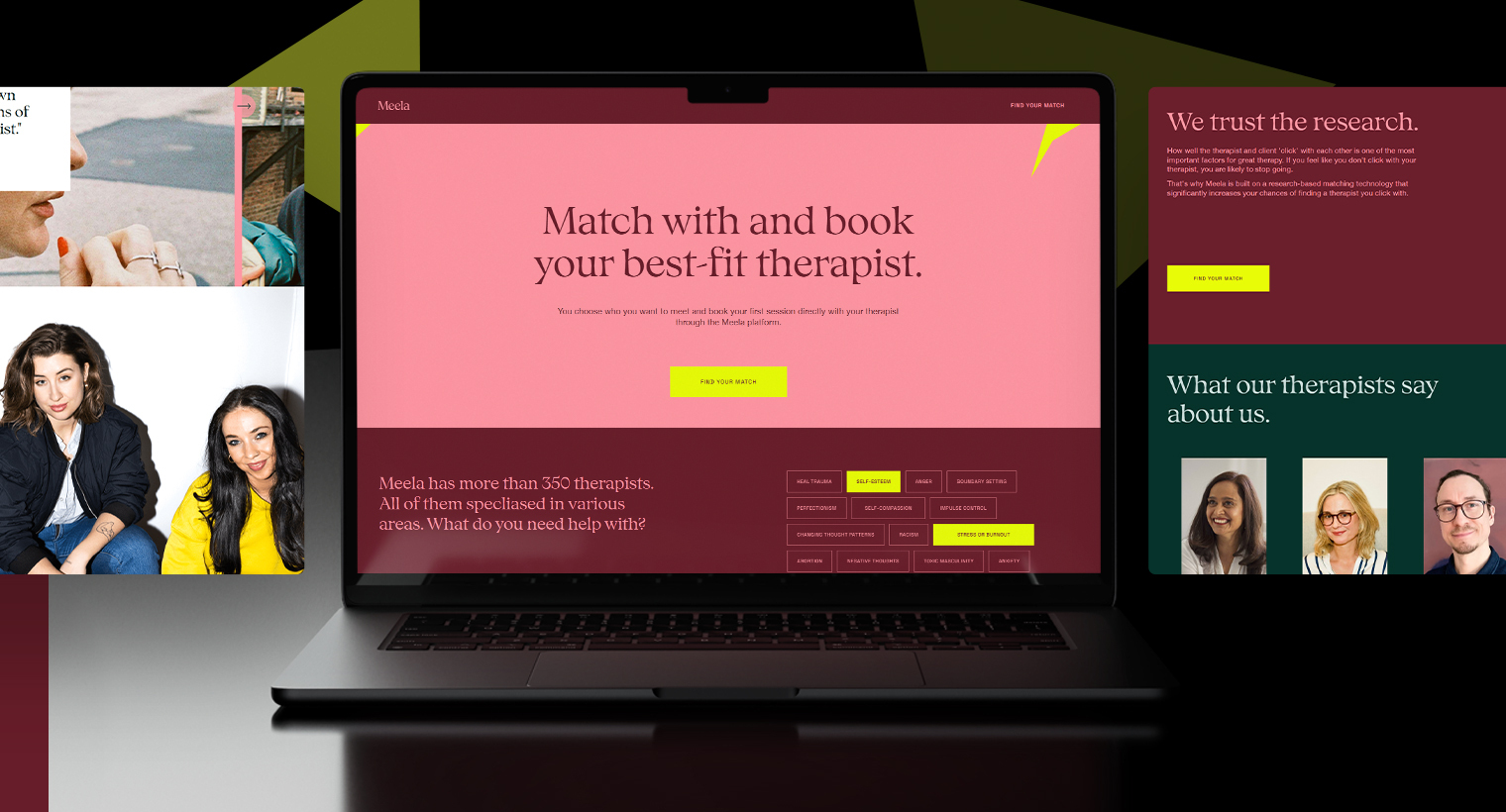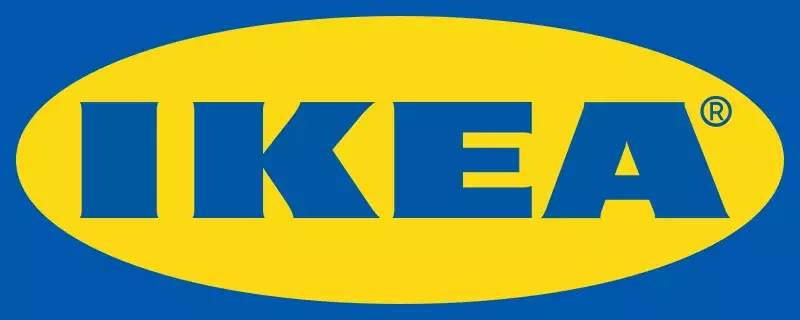- Services
- App development
- Android app development that actually delivers results
Android app development that actually delivers results

Trusted by startups and enterprises:
Let's skip the fluff.
You need an Android app that works, drives revenue, and solves real business problems.
Not just another pretty interface that collects dust on the Google Play Store.
The hard truth about Android development in 2025
Most Android apps fail.
They're built on shaky foundations, with developers who understand code but not business.
At ZenDev, we've fixed enough failed apps to know exactly where the landmines are.
Android fragmentation hasn't gone away.
Wiith thousands of device types, screen sizes, and Android versions still in use.
Getting performance right across this ecosystem isn't optional, it's survival.
Our Android projects that made real business impact
Kalmar OCR: Industrial efficiency transformed
The challenge
Kalmar's machine commissioning process relied on manual data entry and paperwork. Field technicians wasted hours documenting serial numbers, and errors were frequent.
Our solution
We built a mobile AI-powered OCR system using AWS Textract for data extraction.
We implemented:
- Custom image pre-processing filters to improve photo quality
- Machine-specific regex pattern recognition for accurate serial number extraction
- Intuitive UI for error correction and verification

The results:
- 103% boost in operational efficiency
- Eliminated manual data entry errors
- Reduced warranty administration time
- Instant feedback on quality issues
As Anton Sandén from Kalmar put it:
"The OCR app helps us improve machine quality, shorten our lead time, and increase our cash flow."
Familjehem Göteborg: municipal services modernized
The problem
Gothenburg's foster care agency struggled with fragmented communication across multiple units and contractors.
Our solution
A custom React Native app with:
- Centralized event management platform
- Secure BankID authentication
- Push notifications for updates
- Role-based information access
- Custom admin panel for content management

The results
Dramatically improved communication with contractors, increased event participation, and better service delivery for foster families throughout Gothenburg.
Meela: Healthcare matching engine
The challenge
Manually matching patients with therapists was taking 7-15 days, causing potential clients to drop out.
Our solution
A sophisticated android-compatible web application that:
- Automates therapist-patient matching using proprietary algorithms
- Implements secure BankID authentication
- Provides separate panels for therapists, patients, and administrators
- Enables real-time suggestions and interaction tracking

The impact
Wait times reduced from weeks to minutes, leading to €2.6 million in funding to expand in the UK market.
Android app development - understanding your options
Before diving into Android specifics, let's clarify what we're actually talking about in the broader ecosystem of mobile app development.
Native vs Cross-Platform vs Hybrid
Native app development
means building apps specifically for one platform (Android or iOS) using that platform's official programming languages and development tools.
For Android, that's Kotlin or Java using Android Studio.
Native apps offer superior performance, complete access to device features, and the most polished user experience—but require separate codebases for each platform.
Cross-platform development
involves writing code once and deploying to multiple platforms.
Popular frameworks like React Native and Flutter have significantly narrowed the performance gap with native apps.
React Native uses JavaScript (familiar to web developers), while Flutter uses Dart (Google's language optimized for UI).
These solutions typically offer 70-90% code sharing between platforms, dramatically reducing development costs.
Hybrid apps
are essentially web applications wrapped in a native container.
They're built using web technologies (HTML, CSS, JavaScript) and run inside a WebView.
Though cost-effective, they often struggle with performance and may feel less responsive than native or cross-platform alternatives.
Think of them as the compromise option when budget constraints are severe.
Why Android app development still matters
Despite the rise of cross-platform tools, dedicated Android development remains crucial for several reasons:
Market domination
Android commands roughly 72% of the global mobile OS market, with particularly strong dominance in emerging markets. If you have to choose just one platform, Android's reach is unmatched.
Hardware integration
For apps requiring deep hardware access or peak performance (AR/VR, intensive games, IoT controllers), native Android development provides unparalleled capabilities.
Google ecosystem
Android apps integrate with Google's vast ecosystem—Maps, Firebase, Google Pay, Machine Learning libraries—giving developers powerful tools right out of the box.
Fragmentation expertise
The Android landscape spans thousands of device types across numerous OS versions. Dedicated Android developers have the expertise to navigate this complexity successfully.
Android app development in the cross-platform era
The million-dollar question: "Should I build a native Android app or go cross-platform?"
The honest answer is nuanced:
Go native android when
Performance is critical, you need deep hardware integration, your user base is primarily on Android, or you're building something technically innovative.
Choose cross-platform when
You need both iOS and Android development with a limited budget, time-to-market is crucial, or your app is content-focused rather than feature-intensive.
At ZenDev, we're platform-agnostic—our expertise spans both native Android development and cross-platform solutions.
We'll recommend the approach that best serves your business goals, not what's technically convenient for us.
Contact us→
What we actually build into Android apps
We don't just slap together screens and call it a day.
Our Android apps include carefully engineered components:
Core infrastructure
- Secure authentication systems (OAuth 2.0, JWT, biometrics)
- Offline data synchronization
- Background task processing
- Push notification architecture
- Analytics and crash reporting systems
Performance optimization
- Memory management for resource-intensive operations
- Battery usage optimization
- Cold and warm start time reduction
- Network request caching and batching
Security layer
- Data encryption at rest and in transit
- Certificate pinning
- Secure storage for sensitive information
- Runtime application self-protection
UX components
- Custom navigation patterns
- Animation frameworks
- Multi-language support
- Accessibility compliance
Technologies we use (without the jargon)
We pick the right tool for each specific job:
Native Android development
- Kotlin for new projects (faster development, fewer bugs)
- Java for maintenance of existing codebases
- Android Jetpack components for architecture
Cross-platform options
- React Native when you need iOS and Android development with a shared codebase
- Flutter for apps requiring complex UI with near-native performance
Backend integration
- RESTful APIs
- GraphQL for complex data requirements
- WebSockets for real-time features
Cloud services
- Firebase for authentication, real-time databases, and messaging
- AWS for comprehensive cloud solutions
- Google Cloud Platform for ML and AI integration
How we actually work
Forget generic development timelines. Here's our real process:
1. Discovery (not just meetings)
We dig into your business operations, interview stakeholders, and identify exactly where an app can make measurable improvements. This isn't a formality – it's the foundation of everything that follows.
3. Modular development
We break the app into functional components that can be developed, tested, and deployed independently. This means you get working parts of your app sooner, not just progress reports.
4. Continuous testing
Our QA team doesn't just check if buttons work. They stress-test your app on actual devices, under real-world conditions like poor connectivity and low battery.
5. Staged rollout
We don't just publish and pray. We use Google Play's staged rollout features to gradually release to users, monitoring performance and user feedback at each step.
Industries we've mastered
We don't claim to know every industry, but we've built specialized expertise in several:
Manufacturing & logistics
Our team understands inventory management, equipment tracking, and supply chain operations. We've built apps that integrate with industrial IoT systems and legacy enterprise software.
Healthcare
We know GDPR compliance inside and out. Our healthcare apps handle sensitive patient data with bulletproof security while remaining user-friendly for both providers and patients.
E-commerce
We've built Android apps that integrate with payment gateways, inventory systems, and fulfillment services. Our e-commerce clients have seen conversion rate improvements of 30% or more.
Municipal services
Our work with government agencies has taught us how to navigate complex approval processes and integrate with existing public sector systems.
Why ZenDev (the honest version)
There are thousands of Android developers out there. Here's why clients actually choose us:
1. Business results obsession
We're annoying about metrics. Before writing a line of code, we establish what success looks like in business terms – user acquisition costs, conversion rates, efficiency gains, or whatever matters to your bottom line.
2. Brutal honesty
If your app idea won't work, we'll tell you. If there's a simpler solution than building an app, we'll recommend it. Our clients appreciate that we don't sell unnecessary development.
3. Actual technical depth
Our developers aren't just following tutorials. They understand Android at the system level, which matters when your app needs to perform under real-world conditions.
4. We own the outcome
We don't disappear after launch. Our success is tied to your app's performance in the market. That's why we offer post-launch support packages focused on continuous improvement.
Get your Android project started right
Skip the generic consultation calls.
Tell us your specific business challenge, and we'll show you exactly how our Android development expertise can solve it.
Contact us for a direct conversation with our technical team – not a sales pitch.
We'll dig into your requirements and give you honest feedback on what's possible, what's not, and what approach will give you the best return on your investment.
Let's build your app together→
FAQs
How much does it cost to develop an Android app?
The cost of Android app development typically ranges from €10,000 to €300,000 depending on complexity, features, and design requirements. Simple apps with basic functionality might cost €15,000-€50,000, while complex enterprise solutions with custom features can exceed €150,000. At ZenDev, we provide detailed cost breakdowns based on your specific requirements rather than one-size-fits-all quotes.
How long does it take to develop an Android app?
Most Android apps take 3-6 months to develop from concept to launch. The timeline depends on app complexity, feature set, and integration requirements. Our Kalmar PDT app took 4 months to develop, test, and deploy. We can accelerate timelines by using existing components and frameworks when appropriate, without compromising quality.
Should I build a native Android app or use cross-platform technology?
It depends on your specific requirements. Native Android development (using Kotlin/Java) offers optimal performance, better device integration, and full access to Android features. Cross-platform frameworks like React Native or Flutter reduce development time and cost when you need both iOS and Android development. At ZenDev, we recommend native for performance-critical applications and cross-platform when budget and time-to-market are priorities.
How do you handle testing across different Android devices?
We maintain a device lab with various Android phones and tablets representing different screen sizes, Android versions, and hardware capabilities. We combine this physical testing with automated testing on Firebase Test Lab, which provides access to hundreds of virtual device configurations. This comprehensive approach ensures your app works consistently across the fragmented Android ecosystem.
What is your app development process?
Our process includes: Discovery (requirements gathering, competitive analysis), Design (wireframing, UI/UX design), Development (iterative coding, regular demos), Testing (functional, performance, user testing), and Launch (store submission, monitoring). We follow agile methodologies, delivering working software in 2-week sprints with regular client feedback sessions.
How do you approach security in Android app development?
We implement multiple security layers, including secure communication (SSL/TLS), data encryption (AES-256), secure authentication mechanisms, code obfuscation, and protection against common vulnerabilities. For apps handling sensitive data, we conduct additional security audits and penetration testing before launch.
What makes ZenDev different from other Android development companies?
Three things set us apart: 1) Business-first approach—we prioritize your business objectives over technical preferences, 2) Technical depth—our developers understand Android at the system level, not just surface-level coding, and 3) Proven results—our portfolio includes successful Android apps that have delivered measurable ROI for clients across industries.
Which version of Android do you target for development?
We typically target Android API level 24 (Android 7.0 Nougat) and above, which covers over 95% of active Android devices. For each project, we establish a minimum supported version based on your target audience demographics and required features, balancing reach with the ability to use modern Android features.
How do you ensure app performance on lower-end Android devices?
We optimize performance through efficient coding practices, minimizing battery and memory usage, implementing lazy loading, reducing app size through code optimization, and thorough testing on lower-end devices. Our performance testing includes simulated low-memory and low-battery scenarios to ensure stability in real-world conditions.
Can you integrate with my existing systems and APIs?
Yes, we have extensive experience integrating Android apps with various backend systems, including REST APIs, GraphQL, SOAP services, ERP systems, CRMs, and custom databases. We've successfully integrated with SAP, Salesforce, Microsoft Dynamics, and numerous proprietary systems. For Arvid Nilsson, we integrated their Android app with SAP Business ByDesign and PIM C4 systems.
Do you build offline functionality into Android apps?
Yes, we design for offline-first operation when appropriate. This includes local data storage, offline data entry, background synchronization when connectivity is restored, and conflict resolution mechanisms. For the Kalmar PDT app, we implemented robust offline functionality critical for their field technicians working in areas with poor connectivity.
How do you handle app store submission and compliance?
We manage the entire Google Play Store submission process, including preparing store listings, screenshots, promotional materials, and handling compliance requirements. We stay current with Google's policies and guidelines to ensure smooth approval. We also implement proper age ratings, content policies, and privacy measures to meet Google Play requirements.
What metrics should I track to measure my Android app's success?
Beyond downloads, key metrics include: active user rates (daily/monthly), user engagement (session length, frequency), conversion rates for key actions, retention rates (7/30/90 day), crash-free users percentage, and business-specific metrics tied to your goals (e.g., sales, bookings, efficiency gains). We help establish baseline targets and implement analytics to track these KPIs.
How do you approach Android app UI/UX design?
We follow Material Design principles while creating distinctive experiences that reflect your brand. Our design process includes user research, competitive analysis, wireframing, prototyping, and usability testing. We pay special attention to navigation patterns, interaction design, and visual hierarchy to create intuitive, engaging experiences that Android users find familiar yet fresh.
Can you help with marketing my Android app?
While our core expertise is development, we offer complementary app marketing services including App Store Optimization (ASO), pre-launch strategy, and post-launch performance marketing. We can also connect you with specialized app marketing agencies for comprehensive campaigns if needed.
What ROI can I expect from my Android app investment?
ROI varies significantly based on your business model and app purpose. For enterprise efficiency apps like Kalmar PDT, clients typically see 50-300% ROI within the first year through operational improvements. For consumer-facing and e-commerce apps, ROI metrics include customer acquisition cost reduction, increased purchase frequency, and higher average order values. We'll help define realistic ROI expectations based on your specific business case.
How flexible are you with changing requirements during development?
We accommodate evolving requirements through our agile process, with structured change management. Minor adjustments are handled within sprint planning, while significant changes are evaluated for impact on timeline and budget. We maintain a change log and provide transparent impact assessments so you can make informed decisions when priorities shift.
Project
See how Kalmar Cargotec achieved 103% efficiency gains with a custom mobile app. Read the case study & learn more about the solution that supports 17 languages.
Mobile development







